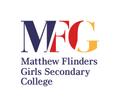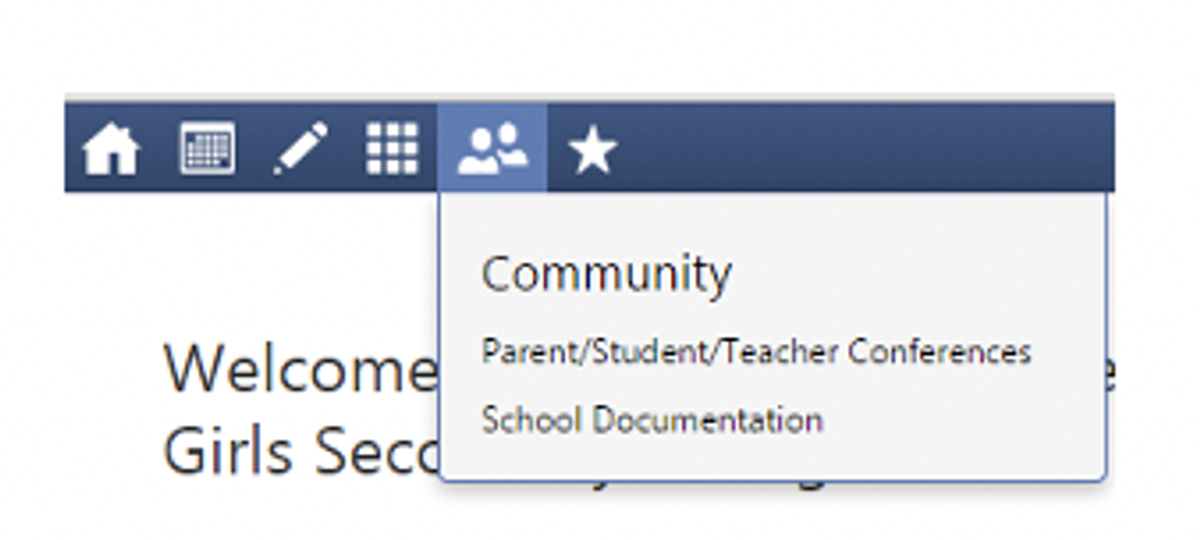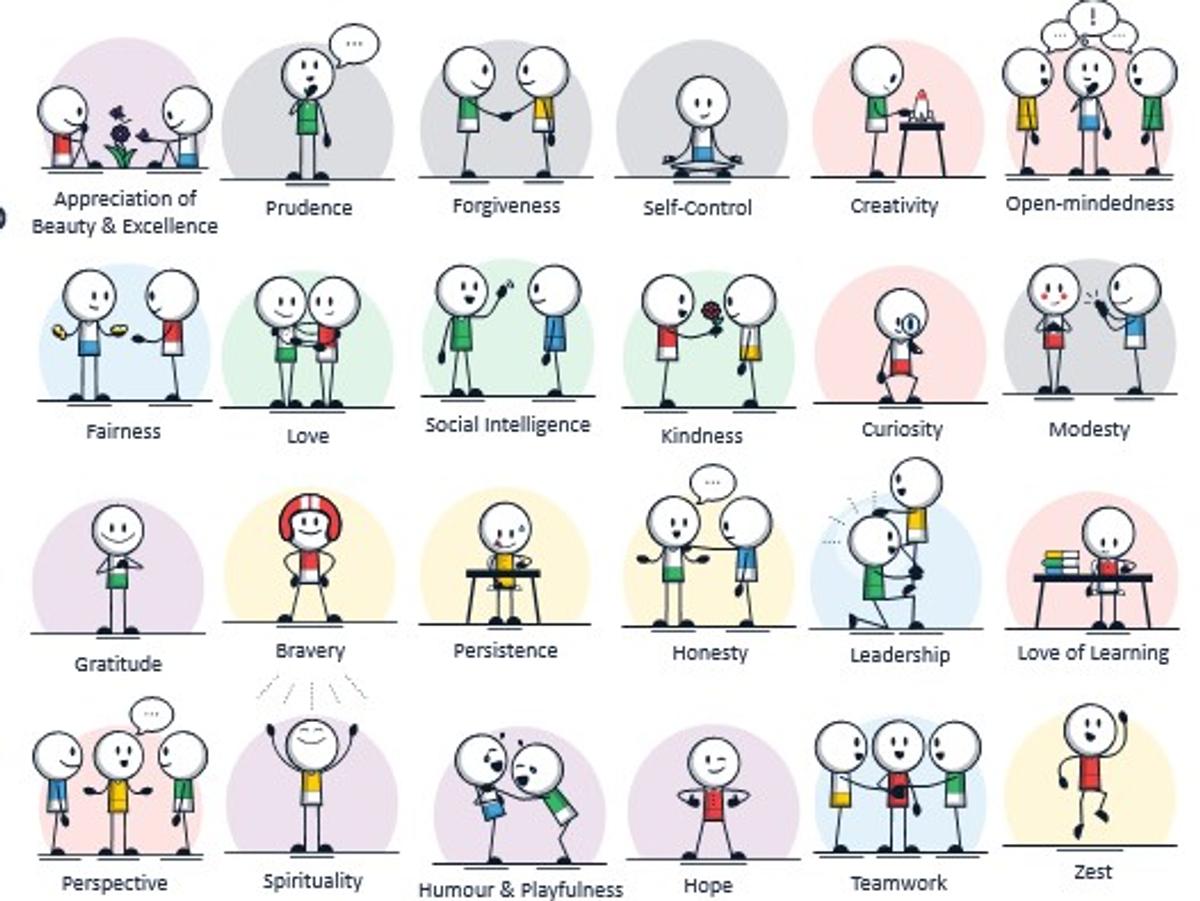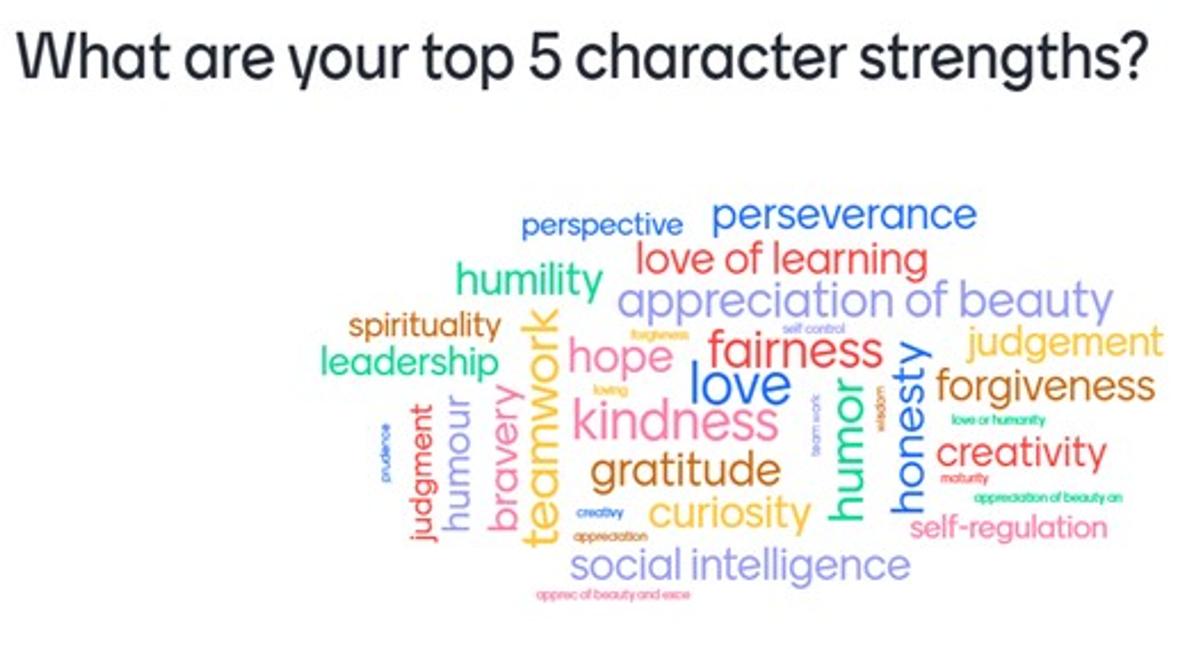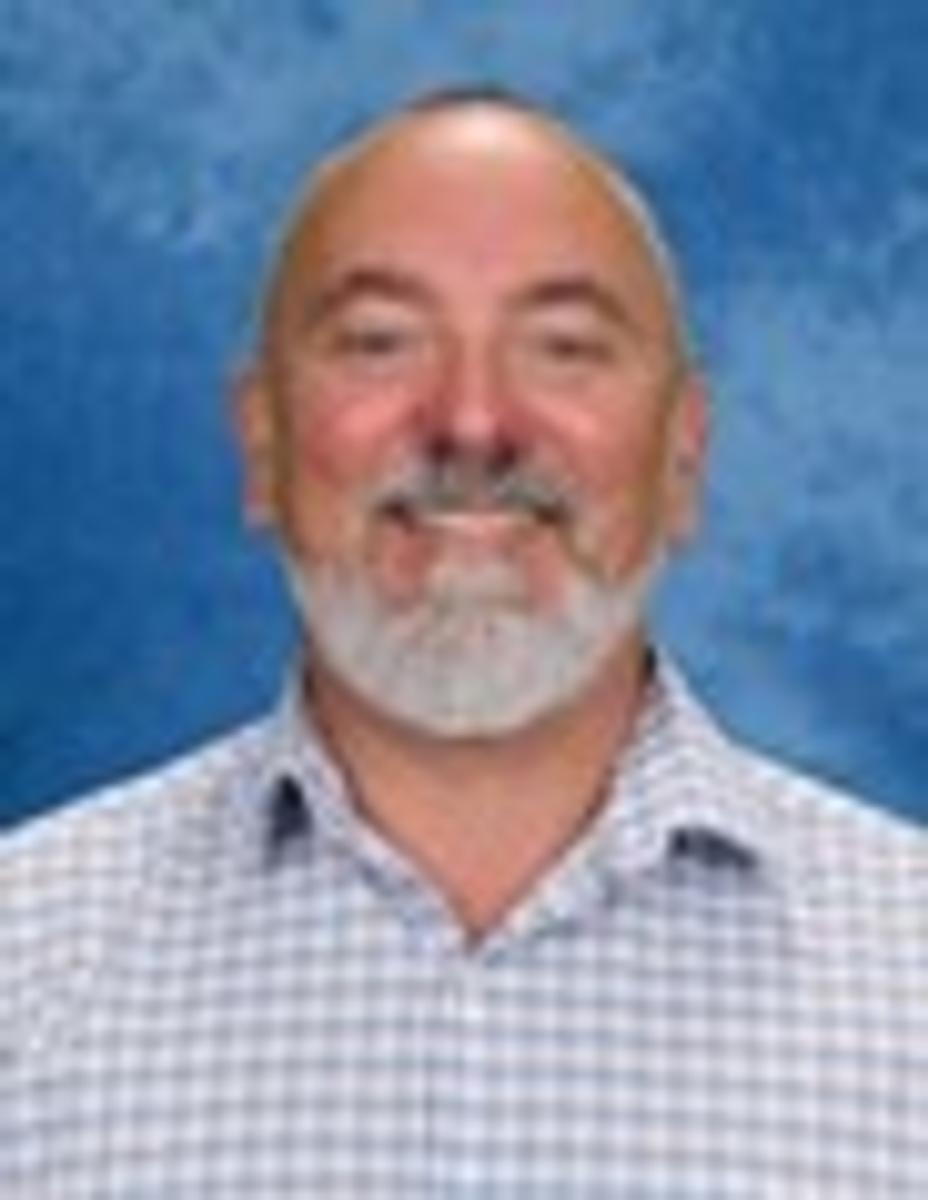Teaching and Learning at MFG

LEARNING & TEACHING @ MFGSC: NEWSLETTER FEB 2022
TERM 1 STUDENT-PARENT-TEACHER LEARNING CONFERENCES
Our Term 1 Parent-Teacher-Student Learning Conferences for 2022 are scheduled to be held on Tuesday 1st March between 12pm and 7pm. There will be no school-based classes or on-line / Home-Based Learning activities or lessons on this day.
Given the current COVID-19 situation and the likelihood that all Victorian schools will have a cautious approach to large numbers of parents and carers visiting schools including parents and carers, on the school grounds our Term 1 Parent-Teacher-Student Learning Conferences may be held via video-conference (eg Zoom) or a phone call. Teachers will have the choice of arranging either of these options. If you prefer a phone call rather than a Zoom video-conference, please let the teacher know that this is your preference. This format will be similar to how we ran things in Term 3 of 2020.
If this arrangement changes and we are permitted to have large numbers of parents and carers at school, we will let you as soon as we do.
MAKING A BOOKING ON COMPASS
BOOKINGS OPEN: Monday 21st February at 9am
BOOKINGS CLOSE: Monday 28th February at midnight
You can make a booking using Compass – go to the Community icon (the two people) and select Parent-Student-Teacher Conferences. Students cannot book interviews using their accounts.
Teachers will be having short breaks between 2.15-2.30pm and 3.15-3.30pm and a dinner break between 5pm-6pm – you will not be able to make bookings during these times.
Please be mindful that each Learning Conference goes for 10 minutes only – teachers will have a 5 minute break between each Conference given they are using video-conferencing and making phone calls.
If you would like to arrange a more in-depth discussion with a particular teacher, then please make another appointment with that teacher.
We ask that you please check that your personal contact details on Compass are up to date as your child’s teachers will be using these details to make contact with you. Please contact our office at info@mfgsc.vic.edu.au if your contact details need to be updated.
We look forward to having this opportunity to discuss your child’s progress with you during these very unusual times. Please don’t hesitate to contact us at the College at info@mfgsc.vic.edu.au if you have any questions.
YEAR 12 STUDENTS – DAY 1 2022
Our Year 12 students started their school year with a special program on Monday January 31st. The day was designed around the concept of ‘writing their own story’ and the idea that ‘we are the stories that we tell ourselves’.
The students analysed their own character strengths using the VIA Survey of Character Strengths which is a free self-assessment. The VIA Reports provide personalized, in-depth analysis of the students’ results, including actionable tips to apply their strengths to find greater well-being.
I introduced them to some of the concepts of Ben Crowe who is Ash Barty’s mindset coach. The Year 12 students listened to part of his podcast where Ben talks about the importance of going back to the words which represent who we are when we’re at our best.
https://www.abc.net.au/radio/programs/conversations/ash-barty-sports-mentor-ben-crowe/13418314
https://mojocrowe.com/media/podcasts
The Year 12 students were also visited by three MFG alumni:
- Karla Beaumont – Class of 2020 – (VCE) Karla is currently working and studying Law at Deakin University.
- Ruth Coleman – Class of 2000 – (VCE – first cohort of SEALP) - Clinical Nurse Specialist and Nurse for the Royal Flying Doctor Service
- Annabelle Kingston Brown – Class of 2021 - (VCE) – Starting a Law/International Studies degree at Deakin University this year.
MFG TRAITS
In Term 1 this year we have adopted a whole school focus on one trait – ‘Optimistic about the future.’
What is this trait and what does it look like in action?
What is it to be optimistic?
Optimism involves learning to think positively about the future – even when things go wrong. It’s about looking objectively at a situation, making a conscious decision to focus on the good. Someone who is optimistic is hopeful about the future and tends to expect that good things will happen.
- Optimism is not about the glass being half full as is commonly believed.
- Optimism refers to your belief system about how successful you think your actions are, and how effectively you can impact on the world.
- Optimists do better academically, socially and have better health than pessimists
- Optimists look at the flip side of negative events for some good, some hope and some reason to be positive
- The basis for optimism is in the way that a person thinks about the causes of events, which is reflected in the way he or she explains events.
We can teach and nurture optimism
- We help our students to understand the power of self-talk – “we are the stories that we tell ourselves:
- We assist our students to slow down and think through the options
- We support our students to reframe: Optimistic people are able to find positive aspects in negative situations, no matter how small
- We support our students to look for the lesson - Self-blame is strongly-related with pessimistic thinking
- We teach our students to look for the learning in every situation
- We apportion blame fairly
- We assist our students to practice perspective taking and recognise that children often get things out of proportion when they are under stress
- We teach our students to wind back or tone back their language - Extreme language leads to extreme thinking. We can encourage our students to replace “I’m furious” with “I’m annoyed”, “It’s a disaster” with ‘It’s a pain”, “I hate it” with “I don’t like it” - by changing kids’ language you change how they think about events and, more importantly, how they feel
- We help our students to set realistic, achievable goals
- We encourage our students to use their ‘disaster meter’ - ask kids to assess negative events on their personal disaster meters
- We encourage our students to look for the good things that happen to them.
Damien Toussaint,
Assistant Principal, Learning and Teaching
